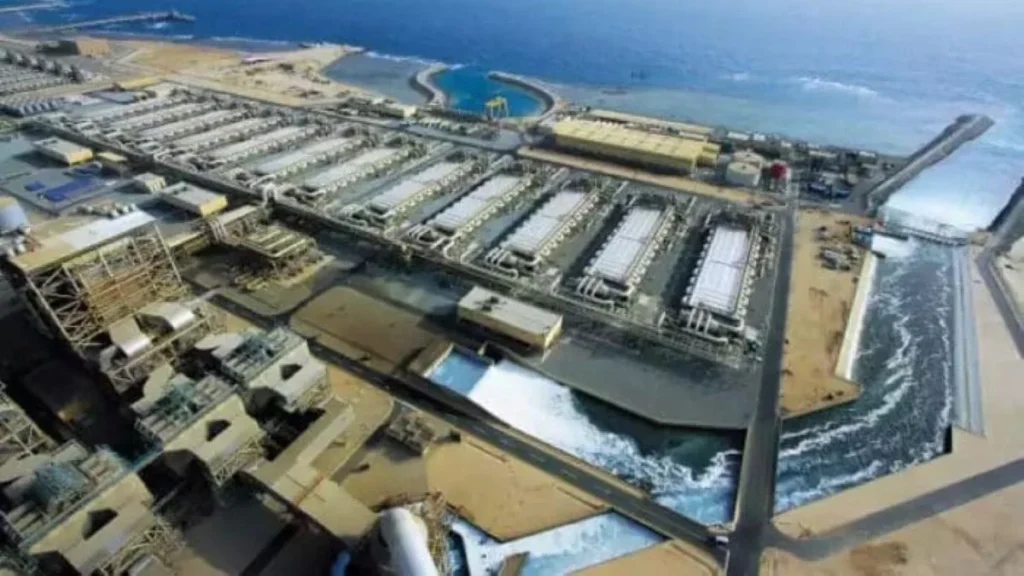On October 29, Veolia, the French giant in water and waste treatment, signed a memorandum of understanding with Morocco to develop a seawater desalination project that is set to be the largest in Africa and the second largest in the world. This agreement is part of President Emmanuel Macron’s visit to Rabat, highlighting the importance of this cooperation between France and Morocco.
The proposed plant aims to supply drinking water to nearly 9.3 million inhabitants, thus covering the needs of the Rabat-Salé-Kénitra and Fès-Meknès regions. Located on the Atlantic coast, near Rabat, the project will be structured as a public-private partnership. Veolia will be responsible for the construction, financing, and operation of the plant for a duration of 35 years. With a production capacity of 822,000 m³ of water per day, or 300 million m³ per year, this initiative represents a major step towards water security for the kingdom.
The project also marks a turning point for Veolia, which is closing the chapter on the acquisition of Lydec, formerly a subsidiary of Suez, by the Moroccan state last April after two years of blockage. Veolia’s management, through its CEO Estelle Brachlianoff, expressed pride in participating in such a large-scale project, contributing to Morocco’s water resilience in the context of persistent drought. This drought, the worst in 40 years, severely impacts agriculture, a key sector representing between 11 and 14% of GDP and employing more than a third of the workforce.
Although Veolia has not disclosed the amount of the Moroccan project, it is worth noting that a similar contract signed last May in the United Arab Emirates, with comparable production capacity, was valued at 300 million euros. The plant in Morocco promises to offer a competitive water cost, optimized by the use of decarbonized electricity from renewable sources.
By 2030, Morocco hopes that its desalination plants will be able to provide more than 1.7 billion m³ of water per year, thus covering more than half of the country’s drinking water needs.


